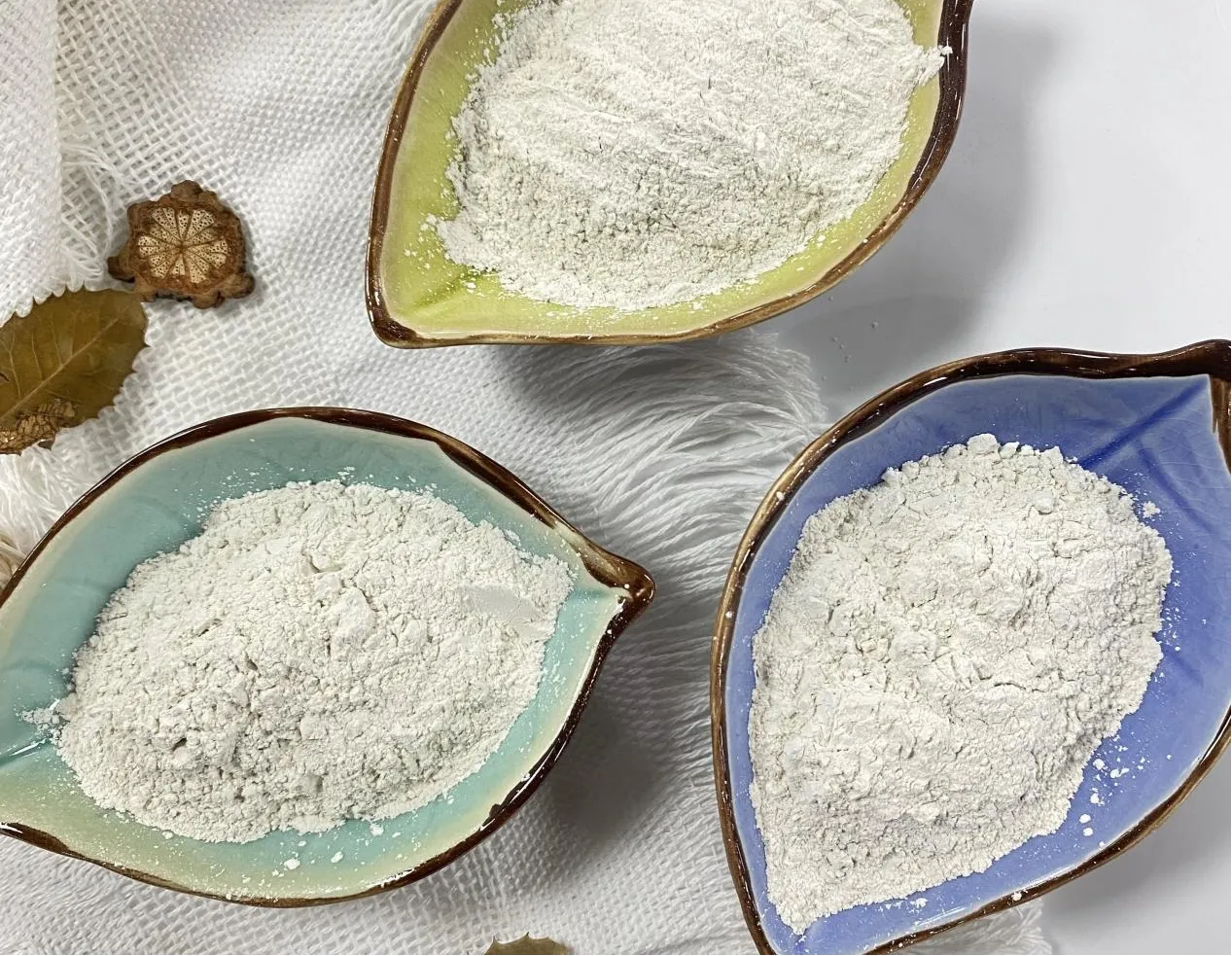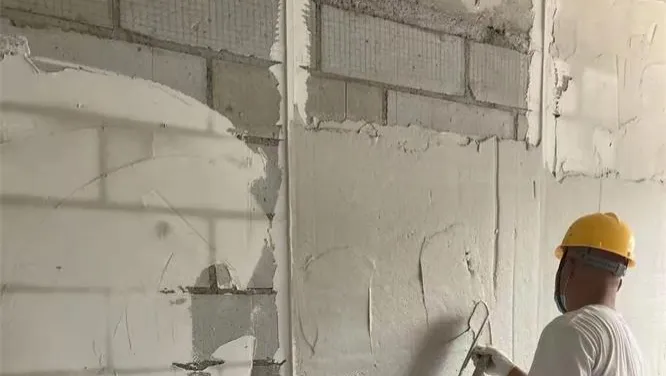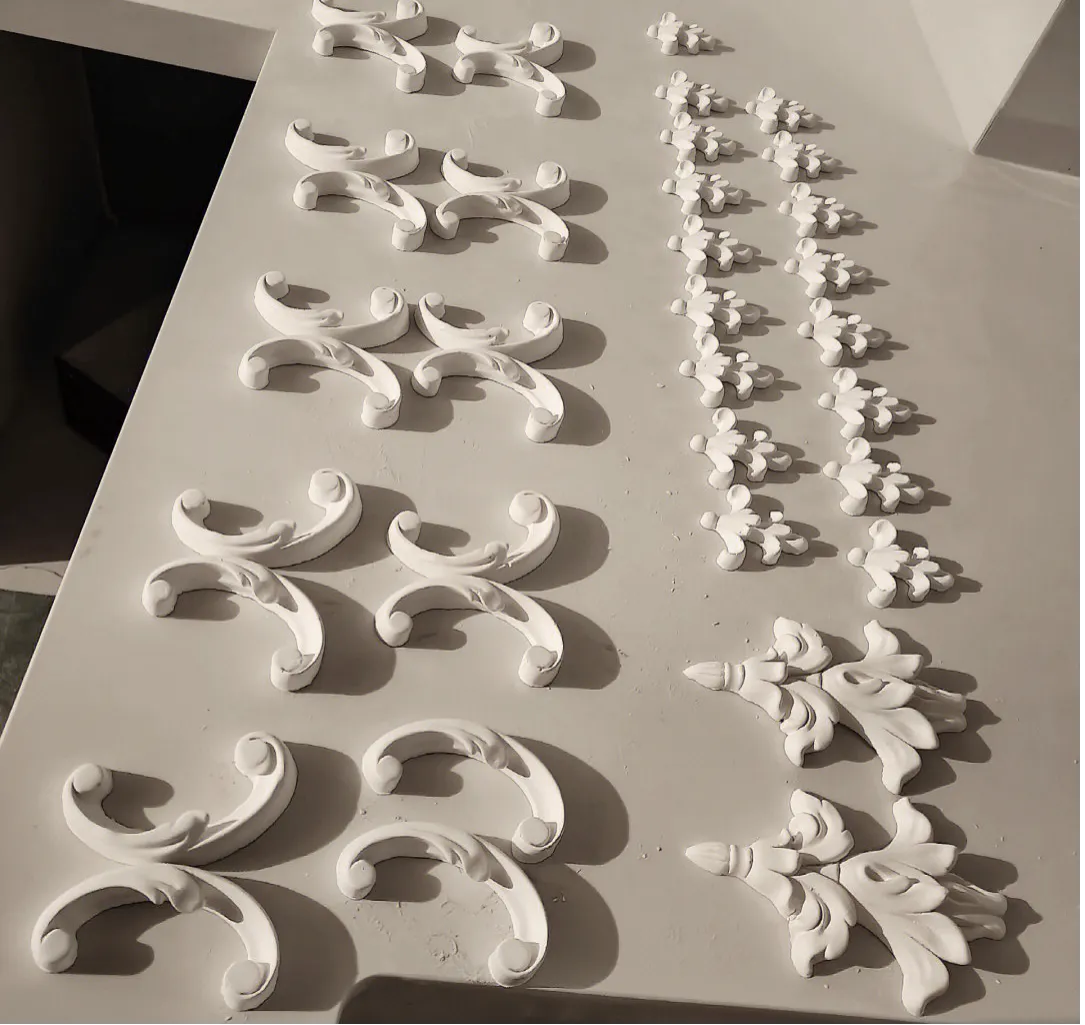
Enhance Gypsum and Plaster Performance with Reliable Retarders and Accelerators
In the construction and building materials industry, controlling the setting time of plaster and gypsum is essential for achieving the desired workability, finish, and strength. Whether working on large-scale construction or small repair projects, using the right additives can make a significant difference. This article explores how gypsum retarder chemicals, plastering retarders, and gypsum plaster accelerators contribute to improved performance, along with their various applications.

The Role of Gypsum Retarder Chemical and Plastering Retarder
Gypsum retarder chemical is an essential additive designed to slow down the setting time of gypsum-based products. It allows workers more extra time, especially during large-scale plastering or complicated moldings, preventing the mixture from setting too quickly. This ensures smoother application, reduced material waste, and higher quality finishes.
A commonly used natural retarder is cream of tartar plaster retarder, which has been utilized for decades in controlling gypsum setting times. This natural compound is especially favored for its eco-friendliness and effectiveness in moderate applications.
When dealing with time-sensitive projects, a plastering retarder can be added to gypsum plaster or drywall compounds to extend the working time. This is particularly helpful in high-temperature environments where materials set faster than expected. For example, contractors using USG gypsum plaster retarder benefit from consistent performance and reliable extended working times, even under challenging conditions.
The balance between acceleration and retardation is key. While retarders like gypsum retarder chemical extend working time, there are scenarios where faster setting is preferable. This is where a gypsum plaster accelerator becomes essential — helping materials set quickly for tasks like patching or fast repairs.

Common Gypsum Retarder Applications Across Industries
The use of gypsum retarders is widespread and not limited to construction alone. Typical gypsum retarder applications include:
Wall and ceiling plastering – To extend working time for large surfaces.
Moldings and decorative plaster – Where precision and longer setting times are necessary to achieve detailed finishes.
Drywall manufacturing – To control the setting during production of gypsum boards.
Cement blending – Gypsum is used as a retarder in Portland cement, controlling the rate of hardening.
Art and crafts – For casting and sculpture, where working time is critical.
In addition to gypsum-based products, the concept of adjusting setting time is common in other industries. Using extra time plaster additive allows flexibility, helping workers avoid the rush and reduce errors caused by premature setting.
Meanwhile, when fast drying is needed — for example in emergency repairs — a gypsum plaster accelerator ensures the job is completed quickly without compromising quality.

Balancing Accelerators and Retarders for Optimal Results
Finding the perfect balance between accelerators and retarders is crucial. A gypsum retarder chemical like USG gypsum plaster retarder is designed to delay the setting without affecting the final strength or durability. This is vital for complex jobs, extended plastering sessions, or intricate designs.
On the other hand, a gypsum plaster accelerator is ideal when time constraints require rapid setting. Accelerators are often used in cold weather, patch jobs, or where fast turnover is necessary.
Natural options like cream of tartar plaster retarder are favored for eco-conscious applications, offering reliable performance while maintaining sustainability.
Whether it's extending time with an extra time plaster additive or controlling the precise curing process with a plastering retarder, these additives are indispensable tools for both professionals and DIY enthusiasts.
FAQs About Gypsum Retarders and Accelerators
Q1: What is a gypsum retarder chemical, and why is it used?
A1: It’s a chemical additive used to slow down the setting time of gypsum-based materials, giving workers more time for application and adjustments.
Q2: How does a gypsum plaster accelerator differ from a retarder?
A2: A gypsum plaster accelerator speeds up the setting time, ideal for quick repairs or cold weather, while a retarder delays the setting for extended working time.
Q3: Is cream of tartar plaster retarder effective for large projects?
A3: Yes, it works well for small to medium-scale projects. For larger or industrial-scale work, commercial products like USG gypsum plaster retarder may offer more consistent results.
Q4: When should I use an extra time plaster additive?
A4: Use it when working on large surfaces, detailed moldings, or in hot climates where plaster tends to set too quickly.
Q5: What are common gypsum retarder applications?
A5: Applications include wall plastering, decorative moldings, drywall manufacturing, cement blending, and artistic casting.
-
Hydroxypropyl Starch as a Sustainable Construction AdditiveNewsNov.24,2025
-
The Gelation Properties of CMCNewsNov.21,2025
-
Redispersible Latex Powder and Water Retention CapacityNewsNov.21,2025
-
Dosage Control for Polycarboxylate Water ReducerNewsNov.21,2025
-
Film-Forming Properties of Polyvinyl AlcoholNewsNov.21,2025
-
The Function of Gypsum Additives in MortarNewsNov.21,2025





















